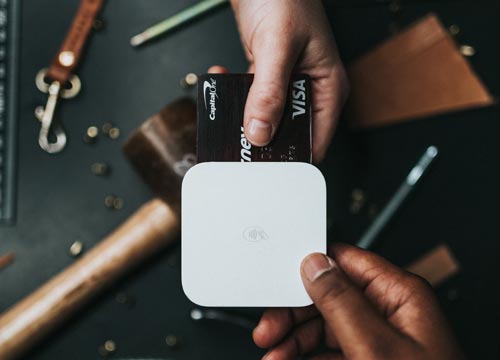When you experience that first cheque getting credited into your account, the happiness and excitement is quite difficult to contain. We’ve all been there and that’s why we’re here. But if you haven’t, yet, then it’s better to learn from someone else’s mistakes than commiting your own especially when it involves money. It can be a challenge to figure out how to organize and spend your newly acquired income. Here are our special pointers to consider while learning to manage your very first salary.
Bills (Ugh)

Image Credit: Unsplash.com
It goes without saying, the first thing anyone would prudently go for is the payment of bills. This can include any service, mortgage or loans that you’ve got to pay upfront at the beginning of the month or the ones you’ve got to pay at the end of the month. Ideally, we’d advise you to plan out expenses such as food, groceries, fuel/bus fare, etc that are recurring in nature throughout the month and save up a decent amount each month to ration your trip to the supermarket. Since this part of your budget consists of all survival-essentials, it holds priority in the spending list. Here, hardly any alterations can be made in the months to come; you can’t cut down on electricity drastically, can you?
Savings (Umm)
Wise people say, save before you splurge. A study says that the signs of being financially sound include having at least the next 4 months worth of salary in your bank account at any point of time. Hope that gives you some inspiration to save up! You may want to save up for contingencies or your future in general, but savings for any income strata is a default actio. If your employer doesn’t provide a health insurance, you might want to spend a portion of your income towards securing your health and well-being. FYI, a simple medical surgery costs around Rs. 2 Lakh give or take. It’s better to let your insurance take care of it, yeah?
Investments (Mutualfundsaresubjecttomarketrisk…)

Image Credit: Pexels.com
You should always let a certain part of your money work for you on its own. Investments are the best form of secondary income out of your primary income. It keeps you afloat in times of financial trouble. You can begin by investing in Mutual Funds or Stocks and Bonds if you have the knack for it. Some may even try their hands at real estate but that’s an investment for a future stage in your career, not your first cheque.
Any Other Things You Budgeted For
A vacation abroad, a gift for your parents or even the start up you’re trying to raise capital for – it could be anything that you need to add on to your budget. This aspect of the budget is usually special and is influential on the quota of the rest of the budgeted departments.
If anything in your budgeting plan is keeping you tied down from financial freedom, we suggest you evaluate your finances and remake the budget if necessary. At the end of the day, it’s YOUR budget.
A tip from my personal experience- Keep some money spare every month and never look at it, I know I should have.














